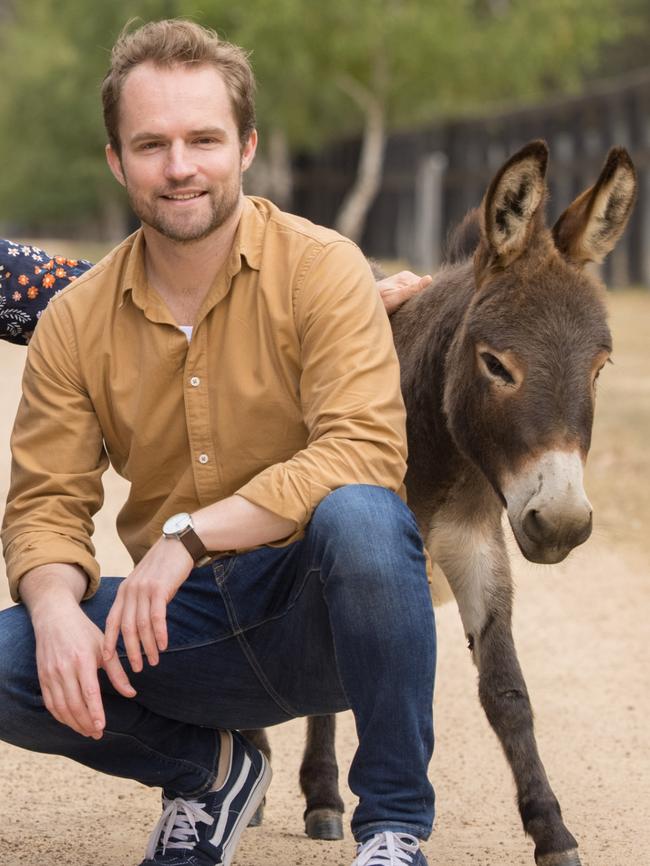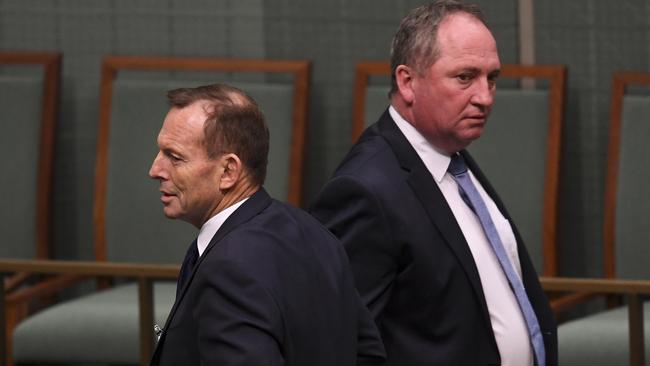Increasing polarisation stalls work on new Australian Animal Welfare Strategy
Deepening division between farmers and animal activists is hampering efforts to renew Australia’s national animal welfare strategy.

Deepening division between farmers and animal activists is hampering efforts to renew Australia’s national animal welfare strategy.
The original Australian Animal Welfare Strategy has been in mothballs since it lapsed 10 years ago when the Abbott government withdrew funding and disbanded the dedicated Animal Welfare Unit within the federal agriculture department.
But amid growing calls for farmers to prove their social licence and a willingness from the Albanese government to take ownership of animal welfare issues, the strategy has been dusted off and given new momentum, beginning with $5 million in last year’s federal budget to produce a final document by 2027.
But in an unusually frank report on the consultation period conducted earlier this year with farmers, vets, animal welfare groups and academics, the Department of Agriculture, Forestry and Fisheries said the biggest challenge it faced was the polarisation of views.
“Stakeholder polarisation emerged as a priority challenge across the consultations. Findings point to a lack of common ground on animal welfare, and difficult relationships,” DAFF’s report said, adding this has worsened since the previous AAWS lapsed a decade ago.
Social media and an increasingly hostile and less civil public sphere were partly blamed for the rancour, as well as the loss of face-to-face meetings of the working groups to facilitate the previous strategy.

Alliance for Animals director Jed Goodfellow said increasing polarisation wasn’t unique to animal welfare.
“The question is, what do we do about it? Do we bunker down in our trenches and lob grenades at one another, or do we come together to find a way forward. There’s always a way forward. It’s a matter of working out what that is and making sure farmers are supported with any adjustments that need to be made,” Dr Goodfellow said.
“Animal welfare is a whole-of-community responsibility and farmers shouldn’t be left with the burden to address it on their own.

National Farmers’ Federation chief executive Tony Mahar said the renewal of the AAWS has been a priority for the NFF for many years.
“However, the development of the strategy comes at an extremely challenging and sensitive time for industry, alongside the government’s ban of live sheep exports by sea. Industry trust in the government’s agenda in this space has been seriously compromised.
“The NFF seeks to ensure the AAWS will be underpinned by research, evidence and practical experience, not ideology or political agendas. Views of extreme activist groups are fundamentally incompatible with the objectives underpinning the development of a national animal welfare system,” Mr Mahar said.
Other challenges DAFF identified include inconsistent legislation across the different state and territories, which are largely responsible for animal welfare, and misalignment between community expectations about animals in production.
A draft national statement on animal welfare was also torn-up, having failed to achieve enough support.





